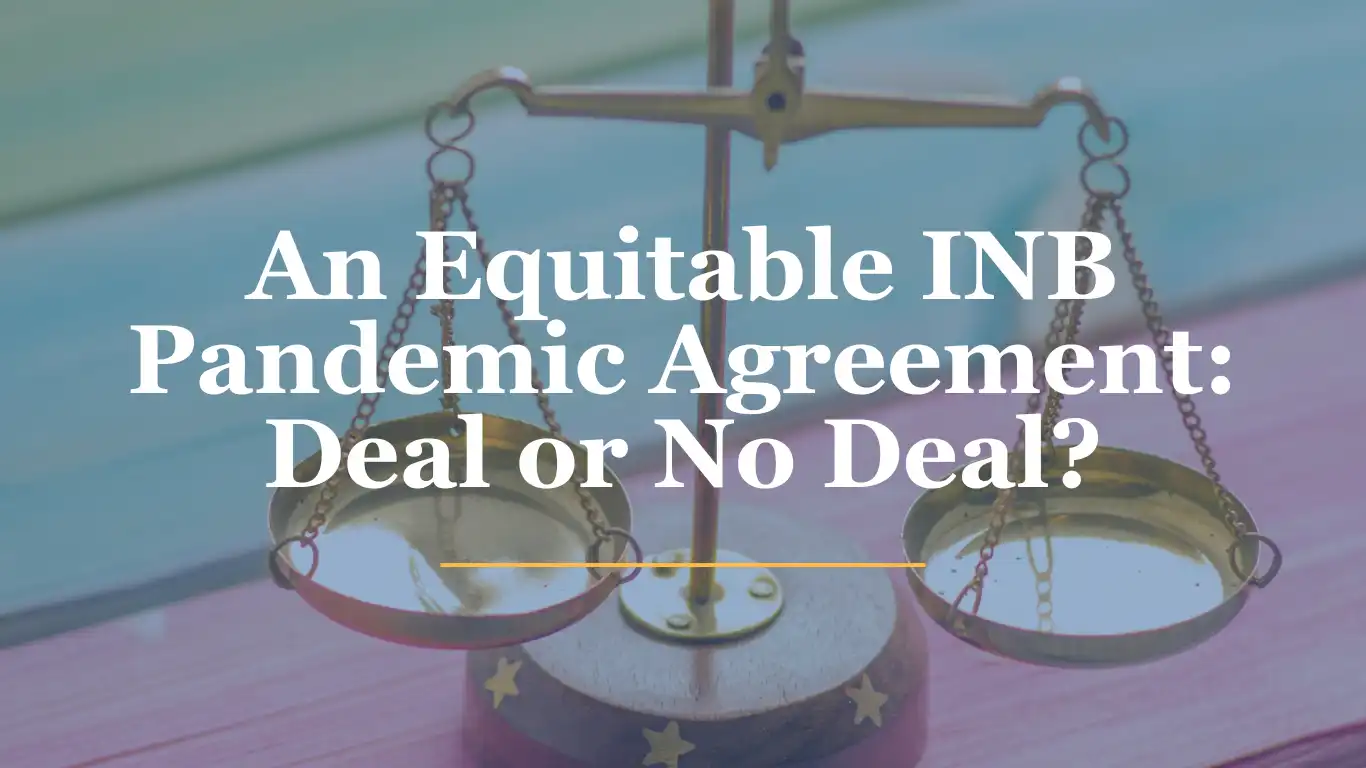For too long, the global health community has ignored the warning signs, assuming that anti-vaccination challenges were limited to a single geography or vaccine, and that anti-vaccination beliefs were fringe and would not impact broader uptake. In 2019, the WHO finally listed vaccine hesitancy as one of the world’s top ten global health threats. In 2020, this threat has been supercharged by the pandemic, representing a critical tipping point in the decades-long trend of vaccine distrust and hesitancy. The world must now act urgently to address this growing threat in order to end the COVID-19 pandemic and help stop future deadly outbreaks.
As multiple promising vaccine candidates come to market, there is hope that the world will soon turn a corner on defeating COVID-19. But in many countries around the world, fewer than 70% of the population plan to get themselves vaccinated—less than the threshold at which public health experts estimate herd immunity to COVID-19 to be effective. Within communities across the globe, vaccine hesitancy threatens countries’ ability to effectively stop the spread of COVID-19 and risks prolonging the outbreak further, costing more lives. The Pandemic Action Network released a policy paper with a set of recommendations for a wide range of actors, including governments, community leaders, multilateral institutions, and social media companies. This paper urges the world to address the various issues leading to vaccine hesitancy to ensure individuals can make critical decisions about their health and the health of their families and communities based on trustworthy and factual information. No one actor can address vaccine hesitancy alone. The challenge of vaccine hesitancy demands collective global action for vaccine confidence and acceptance.
Read the paper here: The missing piece of the puzzle: Getting from vaccine hesitancy to acceptance



